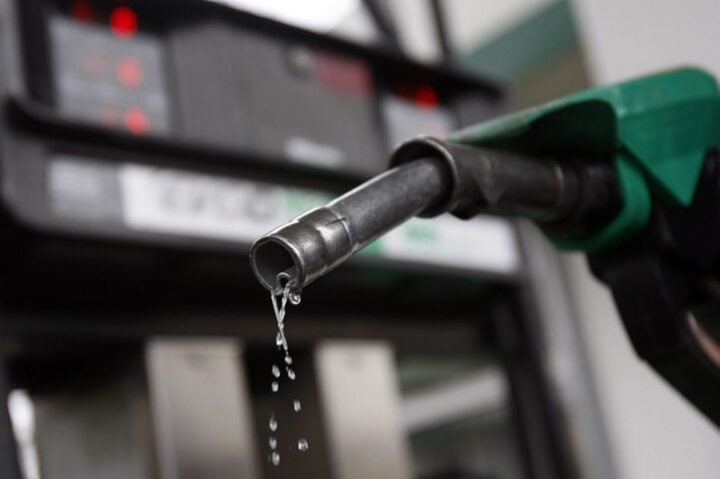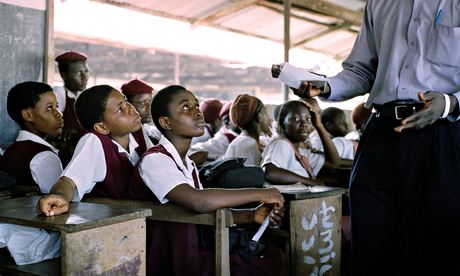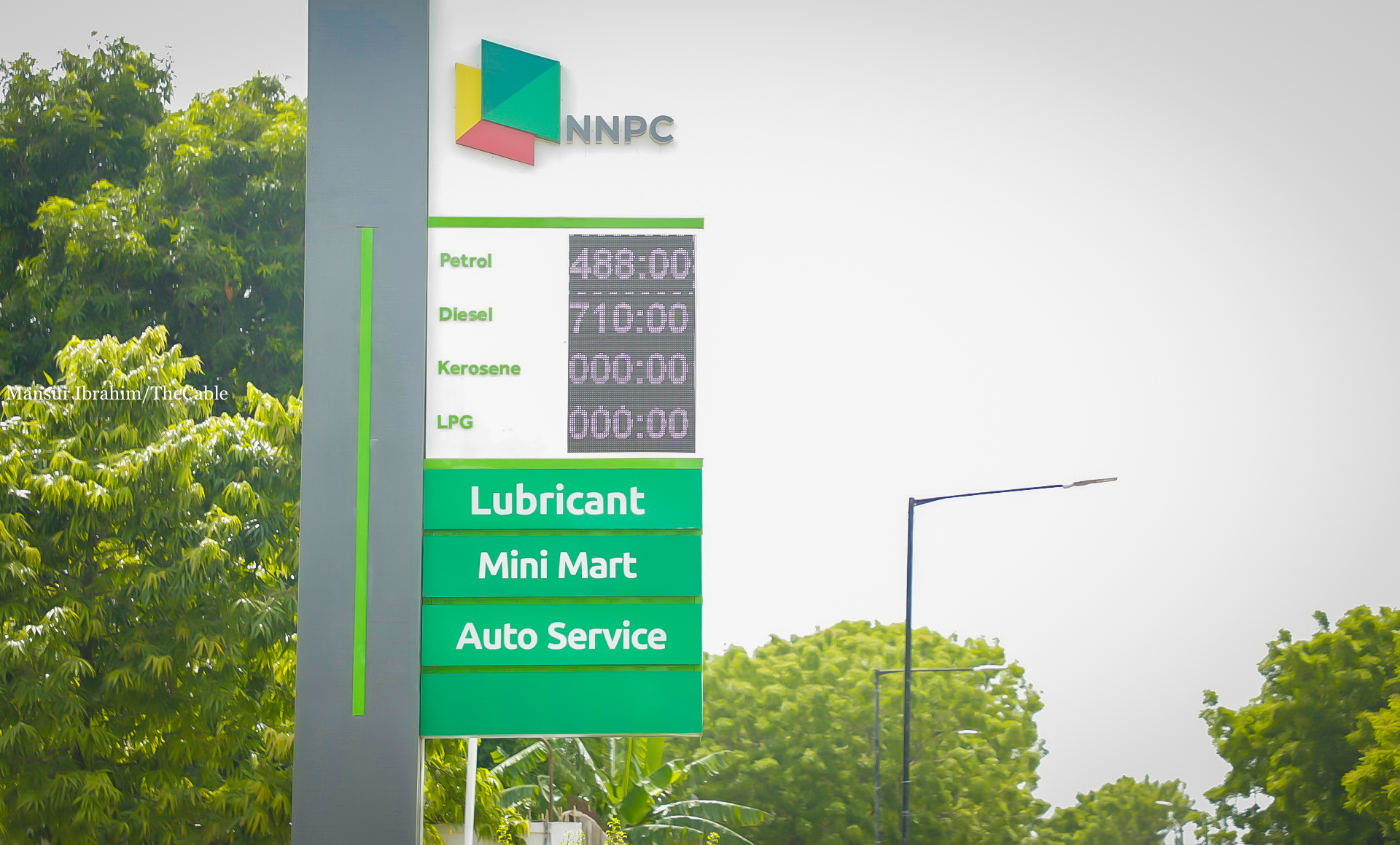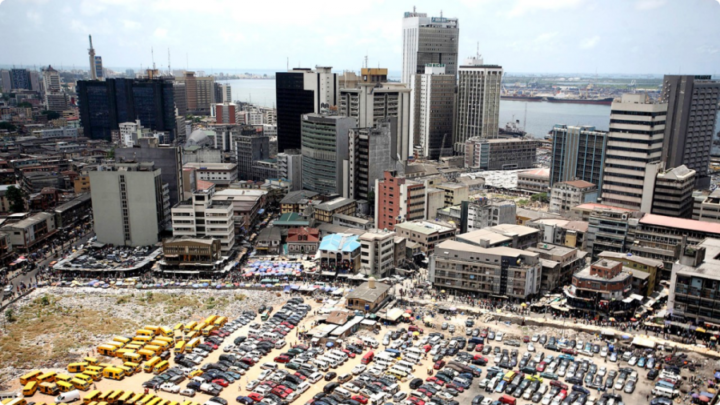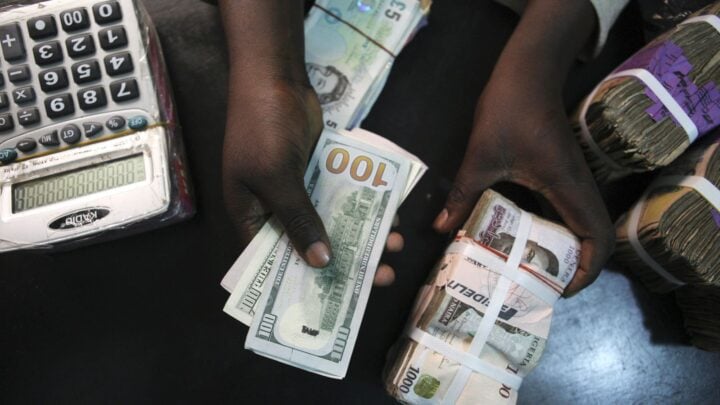BY BABAJIDE FADOJU
During his inauguration speech, President Bola Ahmed Tinubu announced that the subsidy regime has come to an end. It got the whole nation fired up – queues returned to filling stations across the country, and public affairs analysts and economists went on tirades about whether it was the right or wrong thing to do at that specific time.
Some have claimed that the path towards subsidy removal requires careful planning, effective communication, and collaboration among stakeholders. It is crucial for the government to address public concerns, provide support for vulnerable population, and promote renewable energy adoption.
The journey towards Nigerian fuel subsidy removal, although announced by the president, didn’t start with him. That is common knowledge by now.
Advertisement
As the president announced, the petrol subsidy is gone. Adjusting to the new normal is crucial. It is important to note that the process of subsidy removal will be accompanied by measures to mitigate the impact on the most vulnerable segments of society. These will take the form of targeted cash transfers, investment in social welfare programs, and the promotion of renewable energy that can help alleviate the burden and create a more equitable transition.
Such moves are already underway; the enhancement of the local refining capacity will reduce reliance on imported petroleum products and mitigate the impact of fluctuating global oil prices. By investing in the modernisation and expansion of domestic refineries, the country can enhance its self-sufficiency in meeting fuel demands and reduce the need for subsidies. The Dangote refinery is an important stopgap in this regard.
The government will be ramping up efforts in investment into social welfare programs.
Advertisement
Enhancing social welfare programs such as healthcare, education, and poverty alleviation initiatives, can help improve the overall wellbeing of the population. By reallocating funds that would have been previously allocated to fuel subsidies, the government can invest in these programmes to provide essential services and support. These services will help to cater to the most vulnerable in the society.
There will also be investment in alternative and renewable energy such as solar and wind power, reduce dependence on fossil fuels and mitigate the impact of fuel subsidy removal. By promoting clean energy solutions, Nigeria can diversify its energy mix, create jobs in the renewable energy sector, and contribute to a greener and more sustainable future.
In the same vein, promoting and developing efficient and affordable public transportation systems can help alleviate the burden on individual commuters. By investing in public transportation infrastructure and improving the quality and accessibility of services, the government can encourage people to rely less on private vehicles, reducing fuel consumption and easing the impact of subsidy removal.
In conclusion, the Nigerian fuel subsidy removal case is complex and multifaceted. While the subsidy was aimed at providing affordable fuel for the population, its sustainability and economic implications cannot be ignored. By removing subsidy and implementing alternative measures, Nigeria can free up resources for critical sectors, reduce corruption, promote market efficiency, and drive sustainable economic growth. By doing so, the country can embark on a journey towards a more resilient, sustainable, and prosperous future.
The case for subsidy removal is a serious and considerate one. This is undoubtedly challenging but it presents an opportunity for the country to address long-standing issues, foster economic growth, and promote sustainable development. By implementing effective policies, embracing alternative energy sources, and engaging with the public, Nigeria can pave the way for a more prosperous and sustainable future.
Advertisement
Fadoju, a public affairs analyst, wrote from Lagos
Views expressed by contributors are strictly personal and not of TheCable.
Add a comment
